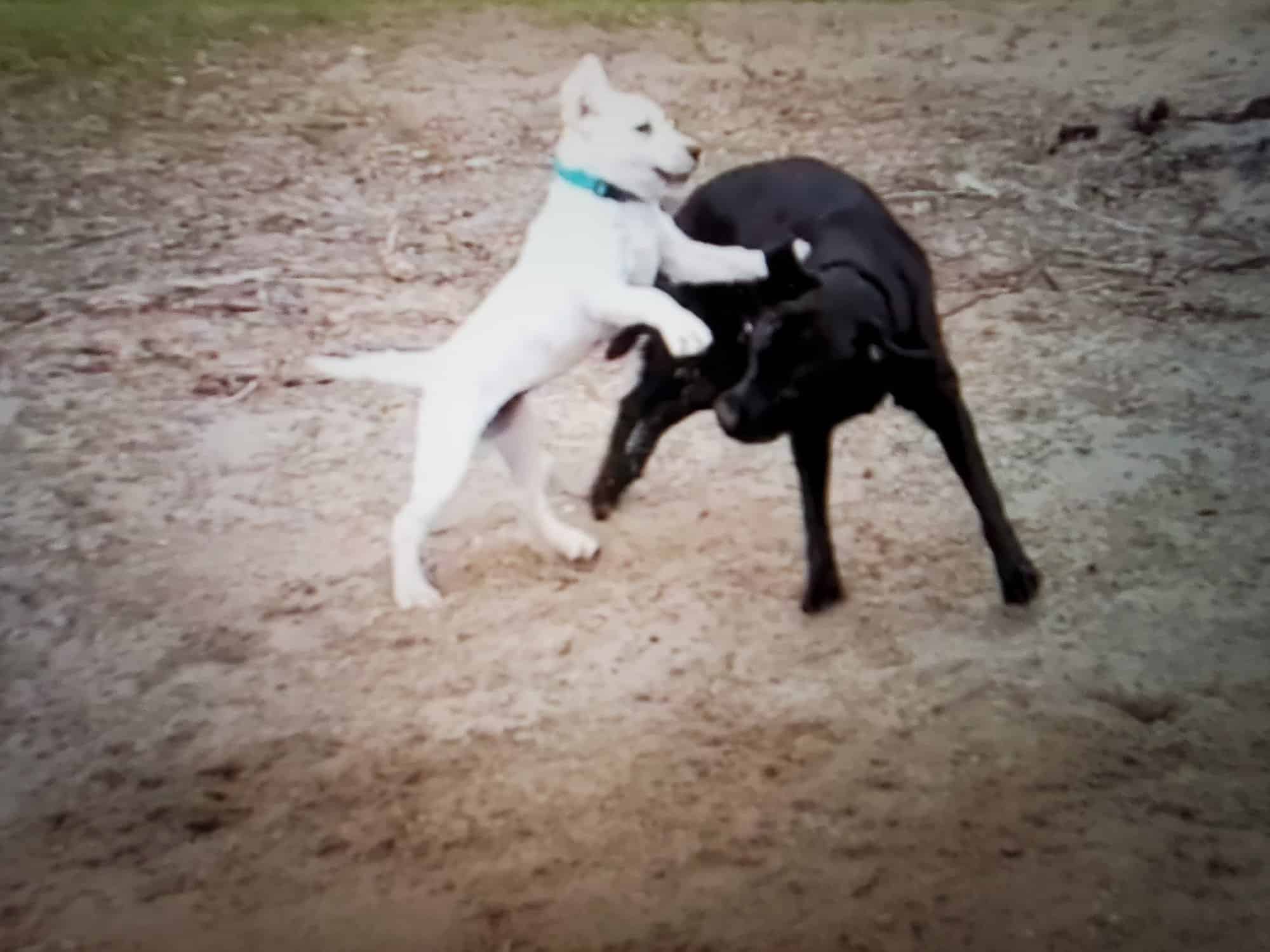
- It’s usually the subject not being discussed that is most present in the room. When the real problem isn’t named, tension will persist long after the fight. You can choose to name the core conflict in the battle, or you can accept the internal gnawing that follows the choice to avoid it. Resolution rarely follows internal gnawing.
- Being at odds is a natural outgrowth of being unique. Holding a different position isn’t necessarily adversarial. Even when there’s a shared goal, disagreement on the path prompts negotiation and, hopefully, eventual consensus.
- Fighting includes both offense and defense. Regardless of whether you are attacking or fending off an attack, your skill is enhanced by understanding your opponent’s position. In soccer, for instance, the best defender understands the mindset of an attacker and most attackers know how to think like a defender.
- Respect and unconditional positive regard significantly boost the chances that a fight will be fair and ultimately lead to strengthened alliances.
- It’s okay for a fight to have no winners and losers. The goal of a fight does not have to be one side’s acquiescence to the other, or even ‘agreeing to disagree.’ The objective is to understand both sides of an issue as deeply as possible, and then decide how to move forward together with that new knowledge.
- Most fights require many rounds. Important issues resurface. They become the themes and patterns that define the vibe of the partnership.
- Martial artists pay attention to the ‘center line.’ The center line includes the most vulnerable areas of your body (head, throat, major organs, groin). We all have ‘center line’ issues. Sometimes they are called ‘hot buttons.’ In a perfect world, we know our own ‘hot buttons’ and seek to know those of our partners – not to help us aim, but to predict and avoid their triggers.
- There are personality types who love a good fight and personality types who avoid conflict at all costs. In these interactions, the best outcomes happen when partners choose to respect that difference and adjust their conflict management approach.
- Tension seeks resolution. The discomfort of disagreement pushes movement toward problem-solving. The pull of the desire for resolution is the fuel for a good, clean, mature, respectful, adult, professional fight. The resulting harmony will eventually be worth the period of upset.
- War is art: There is strategy and creativity, and unexpected things happen. There are moves and counter-maneuvers. The outcome depends on a blend of complex factors.
Sometimes life plays out like a board game. Players assume character types. The rules provide structure. The roll of the dice creates luck, good or bad. The game has plot twists and the outcome can change at the last minute. Again, the puppies in the image were playing, not fighting. But after all, what’s the difference?

